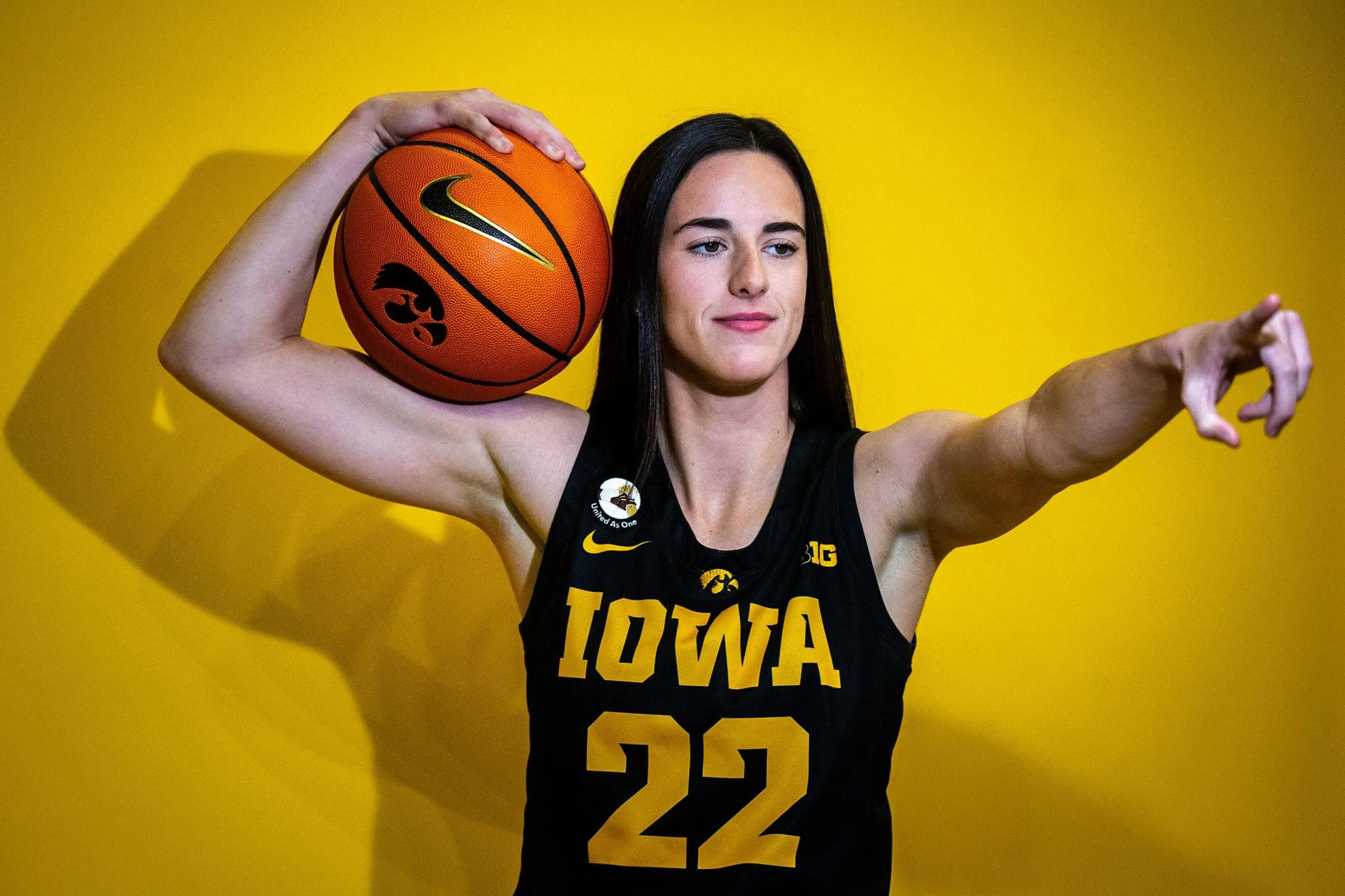Addressing the Speculations with Facts
Caitlin Clark, a standout player in women’s college basketball, has captured the attention of sports fans with her remarkable skills and record-breaking performances. As her popularity grows, so does public curiosity about her personal life, leading to questions and speculations, including whether Caitlin Clark is transgender. In this blog, we’ll examine this topic respectfully, focusing on facts and addressing why such discussions matter in today’s social and cultural landscape.
Who Is Caitlin Clark?
Caitlin Clark is a collegiate basketball star known for her incredible talent, particularly her long-range shooting and court vision. Playing for the Iowa Hawkeyes, she has broken numerous records and earned recognition as one of the most dynamic players in the sport. Her dedication to the game, combined with her charismatic personality, has made her a role model for aspiring athletes worldwide.
Addressing the Question: Is Caitlin Clark Transgender?
There is no public record, statement, or evidence to suggest that Caitlin Clark is transgender. She has not made any statements regarding her gender identity, and such speculations appear to be based solely on rumors. Caitlin Clark identifies as a cisgender woman—meaning her gender identity aligns with the sex assigned to her at birth.
Why Are Such Speculations Harmful?
Speculating about someone’s gender identity can be intrusive and harmful for several reasons:
- Invasion of Privacy: Every individual deserves respect and the right to share or withhold personal details about their identity.
- Reinforcement of Stereotypes: Speculating about someone’s gender based on physical appearance or athletic performance perpetuates harmful stereotypes, particularly about women in sports.
- Impact on Mental Health: Public figures, including athletes, often face intense scrutiny. Rumors about their identity can contribute to unnecessary stress and anxiety.
The Broader Context: Gender and Women in Sports
Discussions about gender in sports often reflect broader societal biases. Female athletes who excel at their craft—especially those with exceptional strength or skill—are sometimes subjected to questions about their gender identity. This scrutiny highlights enduring gender stereotypes that equate athletic prowess with masculinity.
The Importance of Representation
- Empowering Women: Celebrating athletes like Caitlin Clark for their talent and hard work helps break down barriers and encourages more girls to pursue sports.
- Supporting LGBTQ+ Athletes: While Caitlin Clark is not transgender, many transgender athletes face significant challenges in gaining acceptance. Creating a culture of inclusion in sports benefits all players.
Caitlin Clark’s Legacy
Caitlin Clark’s impact goes far beyond her on-court achievements. She serves as an inspiration to countless young athletes, proving that dedication, passion, and skill can lead to extraordinary success. By focusing on her accomplishments rather than unfounded rumors, we can honor her contributions to the sport and encourage respectful conversations.
Final Thoughts
Caitlin Clark’s gender identity should not be a topic of speculation or debate. Instead, her talent, work ethic, and sportsmanship deserve the spotlight. In a world increasingly aware of diversity and inclusion, it’s essential to approach such discussions with respect and understanding.
Let’s celebrate Caitlin Clark for what she truly is: a phenomenal athlete and a trailblazer in women’s basketball.
